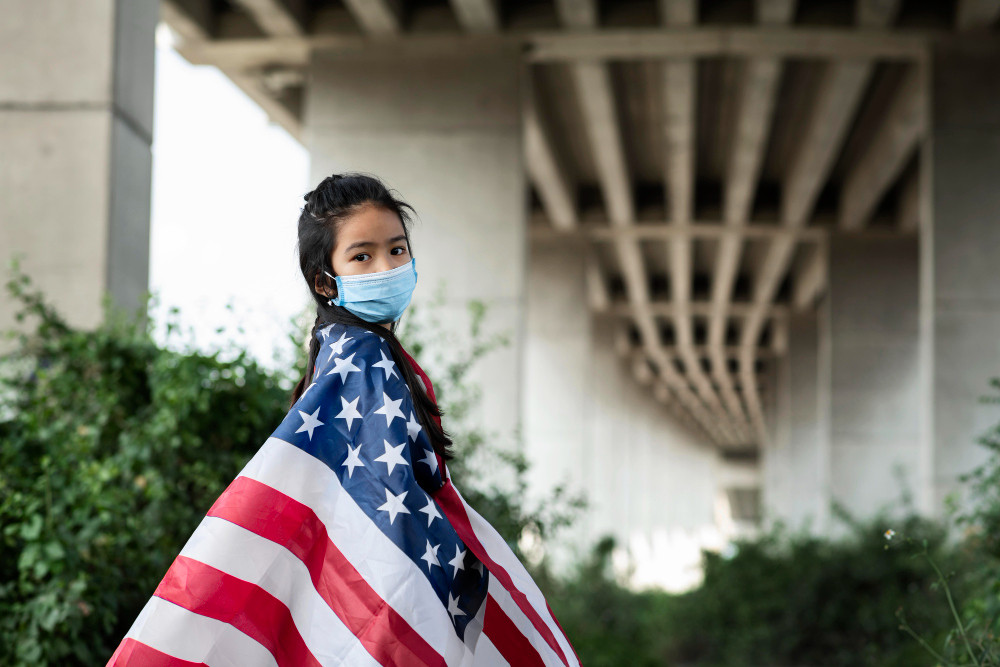U.S. Faces New Coronavirus Variant Nimbus from China: What You Need to Know

How was the Nimbus COVID variant first detected in the United States?
It’s summer! That time of the year when you’re planning vacations, barbecues, or just enjoying time outdoors. But a new health concern starts making headlines.
A new coronavirus variant, called Nimbus, is spreading across the globe and has now reached the United States. What makes this variant different, and should you be worried?
Let’s break it down in simple terms so you can stay informed and safe.
What Is the Nimbus Variant?

The Nimbus variant, also known as NB.1.8.1, is a new strain of the coronavirus that causes COVID-19. It’s part of the Omicron family, which has been responsible for many cases since 2021.
First spotted in China in January 2025, Nimbus has spread quickly to places like Hong Kong, Thailand, and now the U.S., where it was detected in late March through airport screenings.
By early June, it was linked to about one in three COVID cases in the U.S., according to the Centers for Disease Control and Prevention (CDC).
What makes Nimbus stand out is its ability to spread faster than other variants. Scientists say it has changes in its spike protein, which helps it stick to human cells more easily.
This could make it more contagious, but so far, it doesn’t seem to cause worse illness than other strains.
Symptoms to Watch For

If you catch the Nimbus variant, the symptoms are similar to other COVID strains. You might feel like you have a cold or flu, with a sore throat, fever, cough, or tiredness.
Some people also get a stuffy nose, a headache, or even nausea. One symptom getting attention is a very painful sore throat, often described as feeling like “razor blades” when swallowing.
This has been reported in China, the U.S., and the UK, but doctors say it’s not unique to Nimbus—other infections can cause it too.
Most people recover without serious problems, but some, especially older adults or those with health conditions, could get very sick or develop long COVID.
If you have a sore throat or other symptoms, testing for COVID is a smart move.
How to Stay Safe

The good news is that you can protect yourself from Nimbus with steps you already know.
Vaccines are still expected to work against severe illness, though they might be less effective at stopping infection because of Nimbus’s ability to dodge some immunity.
Health officials are working on updated vaccines for fall 2025 to better target this variant.
For now, simple actions can help:
- Wash your hands often.
- Wear a mask in crowded indoor places, like planes or buses.
- Stay home if you feel sick.
- Get vaccinated if you’re eligible, especially if you’re over 65 or have health issues.
Experts warn that a summer wave of cases could happen, as COVID tends to spike during travel season. Staying cautious can keep you and your community safer.
The Nimbus variant is a reminder that COVID is still around, but it’s not a reason to panic. By staying informed and taking basic precautions, you can enjoy your summer while keeping your health in check.
Talk to your doctor if you’re unsure about vaccines or have symptoms that worry you.
You might also want to read: Three Young Siblings Rescued After Parents’ COVID Fears Led to 4-Year Isolation


